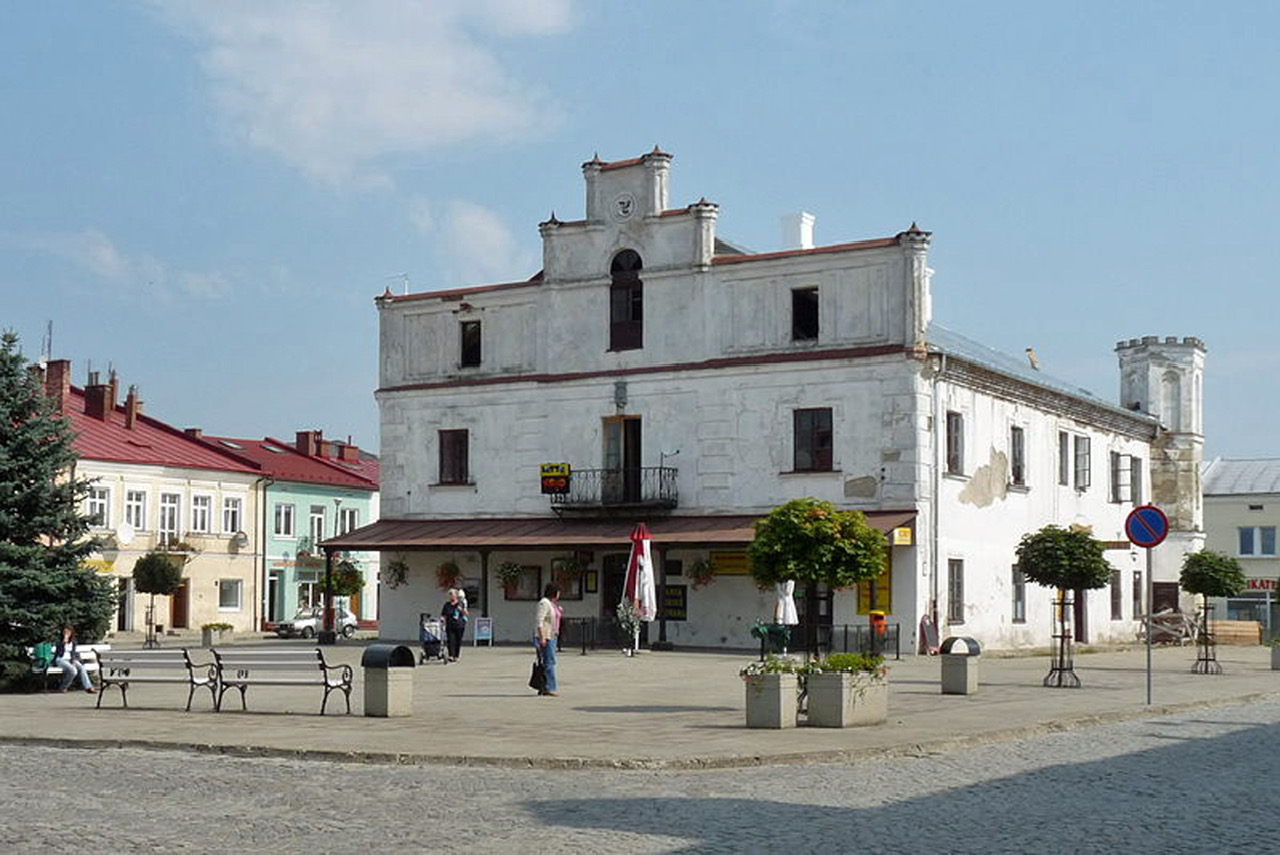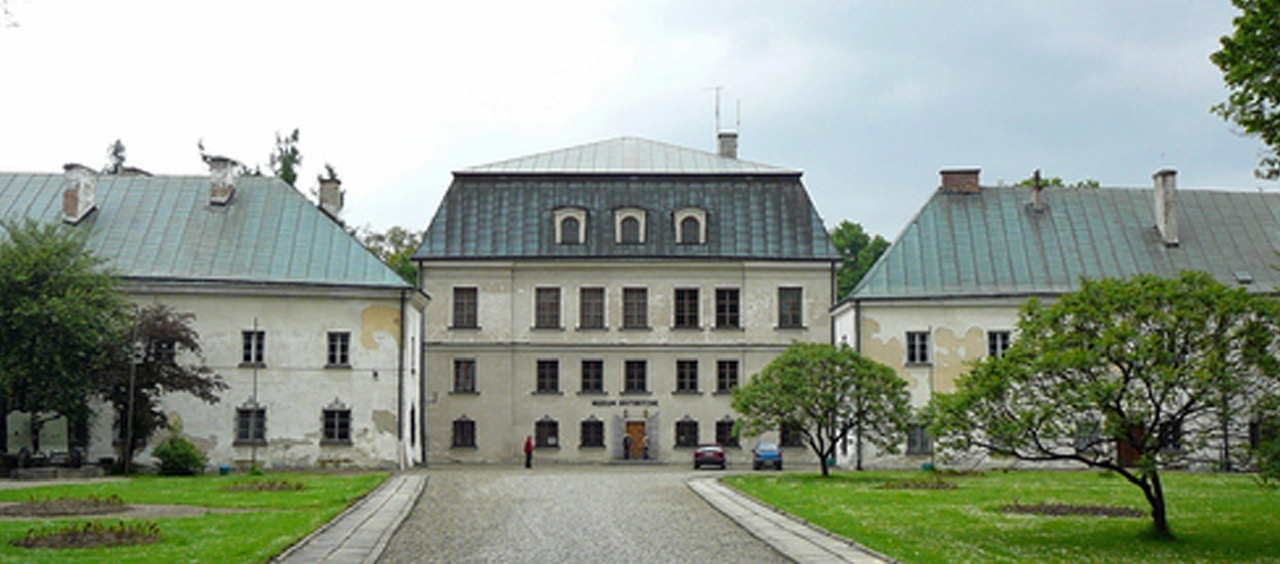
The first Slavic settlers appeared in the area of Dukla probably in the 5th or 6th century. Some time in the 10th century, the Dukla region was annexed by the early Polish state, ruled by the Polans.
The village of Dukla was first mentioned in documents from 1336 as part of the lands gifted to Janusz Suchywilk by his relatives. (Dukla has belonged to several noble families, such as the Cikowski, Ossolinski, Potocki, Mniszech, Stadnicki, Mecinski, and Tarnowski families.) In 1373, Dukla received a Magdeburg Rights charter, providing it with town privileges. In 1474, the town was destroyed in a raid by the Hungarian army of King Matthias Corvinus. In 1540, Dukla was purchased by Jan Jordan of Zaklicyn (whose Traby [three bugle-horn] family crest remains the town's coat of arms today). The new owner expanded the Dukla Castle, and received from King Sigismund I a privilege, allowing him to organize two fairs a year. Dukla remained in the hands of the Jordan family until 1600, and in 1595, King Sigismund III established a customs office in Dukla. In 1601, the town was sold to Andrzej Mecinski; and later in 1636, Dukla was sold again to Franciszek Bernard Mniszech.
In the early 17th century, Dukla emerged as an important center of commerce, located on a trade route joining Poland with Hungary. The town had a defensive wall with two towers, and a town hall. Its merchants traded Hungarian wine, which at that time was very popular among Polish nobility. In 1638, Franciszek Mniszech began construction of a new palace in Dukla, which was completed by his son Jan Mniszech. In March 16, 1657, Dukla was destroyed and looted by Transilvanian army of George II Rakoczi. Dukla was again destroyed in the Great Northern War, and its wooden houses burned in 1724, 1725, 1738, and 1758.
Since 1742, Dukla belonged to Jerzy August Mniszech. Together with his wife, Mniszech turned the town into a cultural center of the region, with a theatre, orchestra and a Masonic lodge. In 1768, Jerzy Mniszech wrote a constitution for Dukla, in which he stated that all children were subject to education, regardless of their creed.
In May 1772, after a number of skirmishes, Dukla was captured by Austrian soldiers, which marked First Partition of Poland. During the period of Austrian rule, Dukla lost its significance, and was replaced by nearby Jaslo as the biggest town of the area. The town declined even further after the epidemics of cholera (1865-1867, 1873-1876, 1884-1885). Furthermore, the construction of railroads bypassed Dukla, and the town still does not have a rail station.
During World War I, Dukla was captured in December 1914 and occupied by the Imperial Russian Army. The town was again largely destroyed at this time, and the Russians did not retreat until May 1915.
During the Second Polish Republic, which was formed in 1919, Dukla belonged to Krosno County of Lwow Voivodeship. In the spring of 1939, Border Protection Corps Battalion Dukla was formed, to protect Polish-Slovakian border. Following the start of World War II, the German occupation of Dukla on September 9, 1939 ultimately led on August 13, 1942 to the end of the Jewish presence in the town, which dated back hundreds of years.
In 1944, the Battle of the Dukla Pass between German and Soviet troops took place nearby, following which 90% of the town was left in ruins; but the town has since been rebuilt.


Copyright © (2022) Jeffrey Alexander and Philip Ross.
All rights reserved.